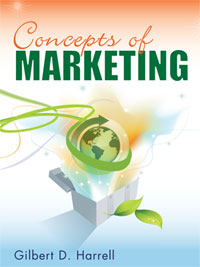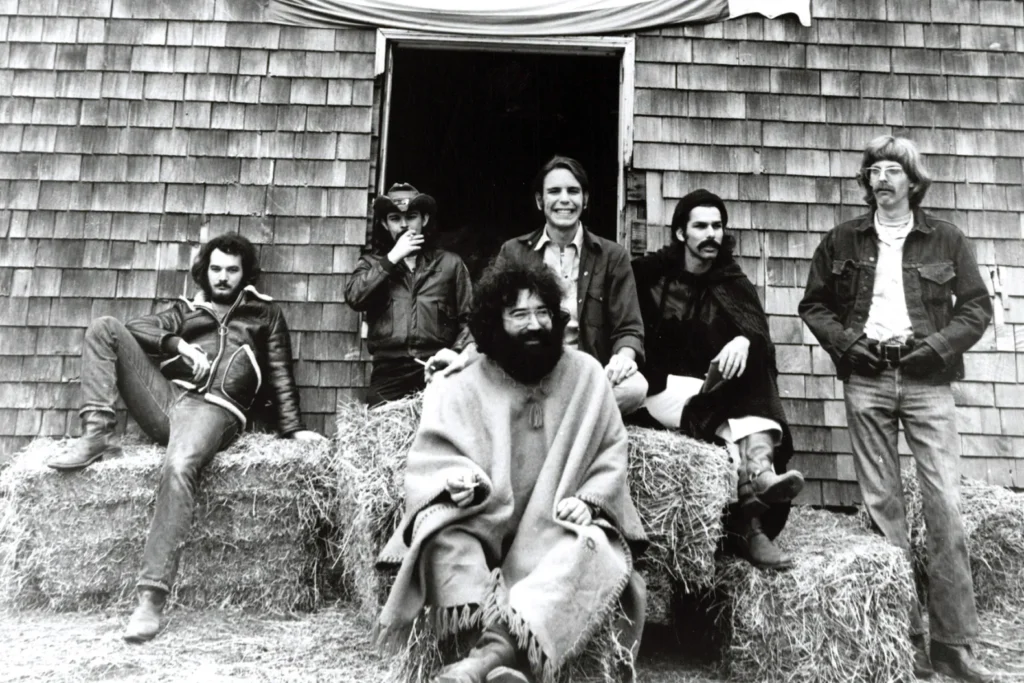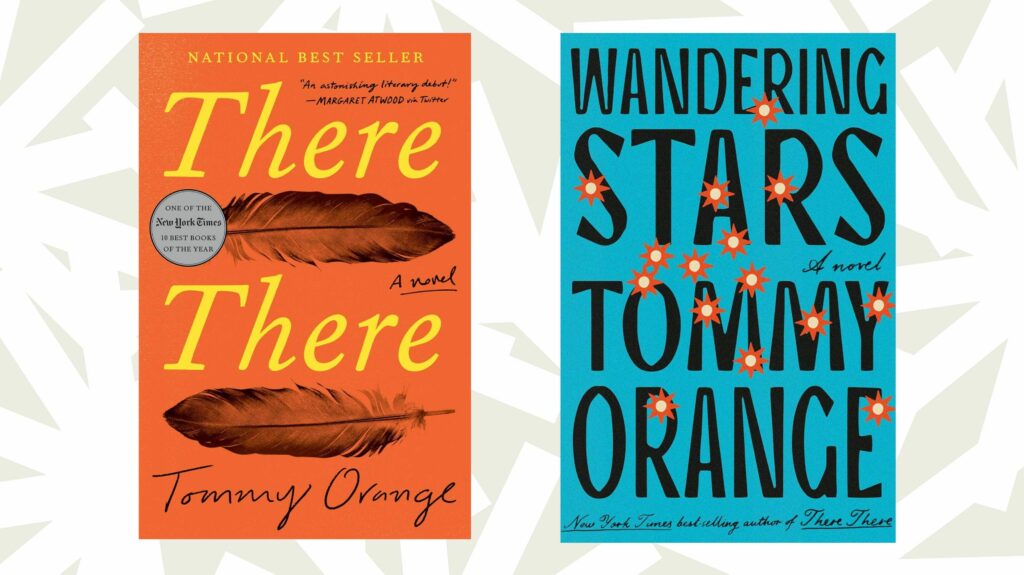 You know what marketing is all about? Well, if you gotta ask, you’ll never know…
You know what marketing is all about? Well, if you gotta ask, you’ll never know…
Marketing is intuitive. There are skills you can acquire to improve your craft, but at the end of the day, you get it or you don’t.
I was struck by the parallels between marketing and fiction writing in this recent piece from Salon, “Most Contemporary Literary Fiction Is Terrible.” I’m not sure about the main premise. My writer friends seem to think that there’s plenty of great fiction out there these days.
Then again, my business friends keep telling me about great business books to read that will change my life and lift might career to a higher orbit. But they usually turn out to be mostly crap. A premise, sometimes compelling but usually obvious, is stated in the first few pages. This is followed by 250 pages of filler. Time wasting, not life changing.
Of course, there are exceptions, but I’m hard pressed to think of a single great brand that was inspired by a business book.
A much stronger case can be made for business people to source inspiration not from business books, MBA programs, business journals, but from literature and the arts.
Every time I work in a category for the first time, my new client will inevitably tell me, “Jeff, you don’t understand our business.” Maybe not at that moment, but soon. Any intuitive marketer will grasp the essence of even a complex business relatively quickly.
Learning “the business” or “the facts” is easy. The hard part is understanding how to authentically connect with people and build relationships. As we all know from our personal lives, relationships, under the best of circumstances, are not easy. People aren’t rational and facts don’t matter.
Any bright person can absorb data, and it’s not all that difficult to fill in the blanks of some corporate-dictated process or magical new methodology of the consultant du jour.
But that doesn’t make you a marketer. You can’t just hide behind process or go through the motions. What you need is an extraordinary understanding of people. Facts are helpful only to a point.
And to understand what truly motivates people, you’ll learn more from Philip Roth than you will from Philip Kotler.
J. Robert Lennon, the author of the cited Salon post, makes much the same point to writers of fiction. Want some inspiration? Be curious, open-minded, live your life, listen and observe, but most of all, get out of your creative comfort zone. I’ll let Lennon speak for himself here. Take note of how the word “writer” can easily be swapped out for “marketer.”
“…a fiction writer ought to engage with other parts of the culture, too. This includes reading outside one’s genre…We ought to be reading poetry, too, of course, and nonfiction. We should read instruction manuals, legal documents, restaurant reviews and corporate newsletters. We should follow weird people on Twitter and go to lots of parties and have lots of intense and ridiculous conversations with drunk people. We should go home for the holidays and argue with our families, and we ought to listen to lots of music and we ought to watch plenty of television, because television is, at the moment, the most artistically important narrative medium. We should eavesdrop, and we should gossip. We should probably be in therapy. We should probably drink more coffee.”
Try this for yourself. Next time you’re stuck on a business problem, go read Shakespeare. He won’t tell you exactly how to increase your click-through rate, but you’ll learn a thing or two about relationships that will inspire your work.



